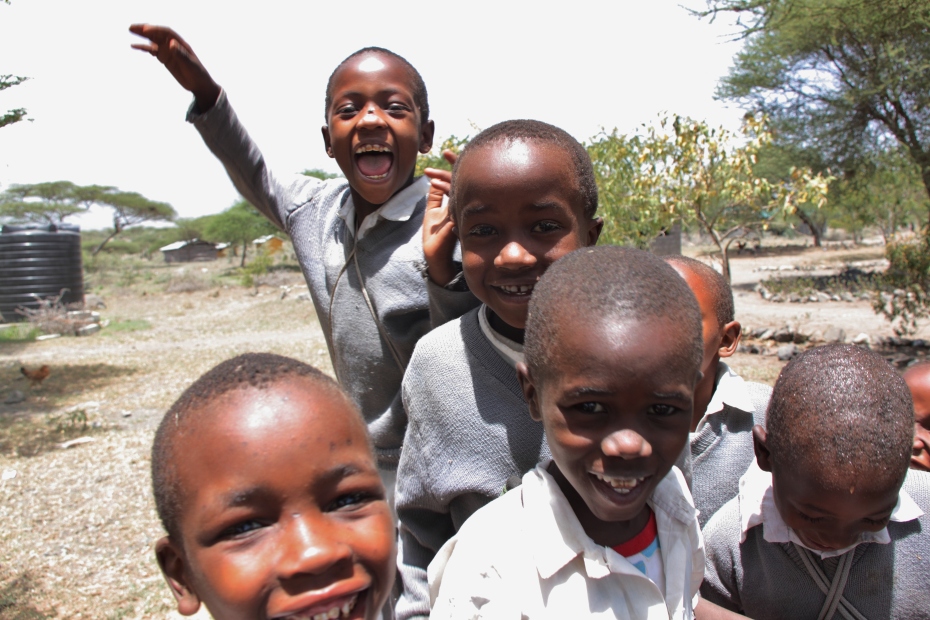I believe Education is the common keyword of many actions undertaken for sustainable development. Actions can not be succesful unless education is provided along with them, but on the other hand education is not effective if at least the basic needs of involved peopled are not covered before.
Main constrains of the Education system in developing countries are: infrastructures (inadequate building, desks, latrines, water access, electricity), teachers (over-loaded with work, underpaid, inadequately prepared and poorly motivated), low attendance because children are involved in other tasks at home, and poor nutrition makes them often falling asleep on the desk.
Istituto Oikos and Oikos East Africa are carrying on different proejects dealing with these issues, providing electricity, water access, improved latrines, school fruit and vegetable gardens for improving children nutrition and trainings (http://www.istituto-oikos.org/index.asp).
Language training
During my first week at Mkuru Training Camp a group of 9 teachers of primary schools were trained for “advanced English”. At the end of the first week the English teacher organised a training practice in Mkuru village and I asked to assist at the classes. It was a very nice and interesting experience! At the beginning children were shy because they were in front of new teachers, and the teachers were also a bit shy in putting in place the “partecipatory” method. The English teacher helped them in “shake” the children and in the end she looked satisfied! I believe that this experience will leave a “seed” in the scholars!
FOOD SECURITY AND ENVIRONMENTAL AWARENESS
On Thursday and Friday I followed the Oikos EA staff in two different schools, one in Kisimiri Juu, a Wameru village some hundred meters above Mkuru, and another in Emmanuel, at the bottom of M.Meru. These two areas more fertile than the Maasai bush, in particular Emmanuel. As part of a project concerning improvement of food security and environmental awareness in the schools, the students were involved in a kind of “art class”, being given some pre-designed drawings to colour. The drawings represent different scenes: the natural environment, with symbolic representation of M.Kilimanjaro, Lake Victoria, a zebra and a simba, (the lion); the household life with the mama cooking with an improved stove; the school life, with the teacher writing on the blackboard in front of the students.
This way you make the children enjoying while they are also given a message and are getting used to some basic but important concepts. Like you could do with television in some way, but it’s also a first approach to “self-expression” through artistic work.. Who among us would deny the importance of drawing and painting for the kids development?
I spent in Emmanuel school the all morning till lunch time, and so I had the chance to assist to the practical implementation of the nutrition improvement project, which supported the building of a kitchen including a store room and an improved stove. Here, throughout the year food can be stored and meals with a balanced nutritional level (maiz & beans) can be prepared and provided to the students, who otherwise would eat a porridge of flour only, during dry season.
BMI MEASURE CAMPAIGN
One the activities witin the FOOD SECURITY poject is the measurement of students hight and weight to calculate the BMI inde and assess the nutritional state of them. This was the chance to know other school and also to learn some Kiswahili words: panda, shuka chini, panda tena.. 🙂
The weight of some kids was quite low considering the age and the height.
For me it was funny to see how much scared they were of the scale….



















November 7th, 2012 at 10:31 pm
So much emotion in watching these photos and try to put myself into this situation, just with my imagination, for now…